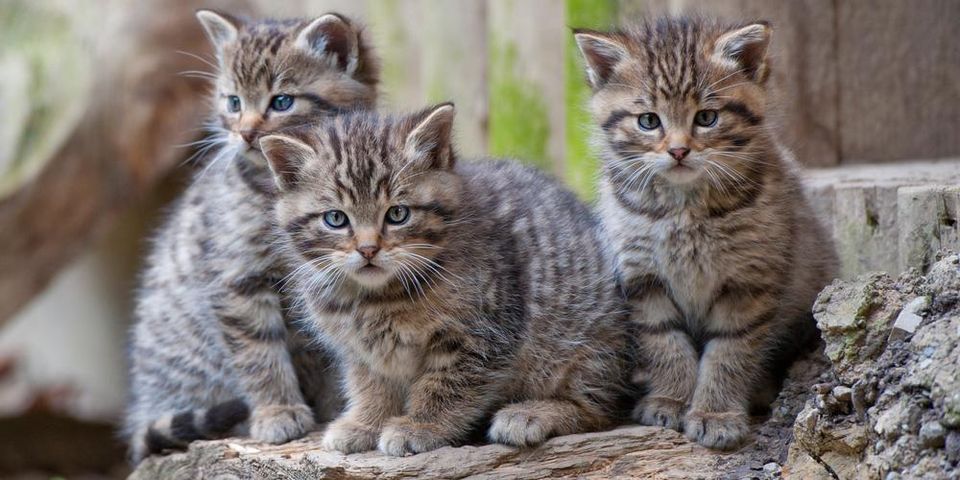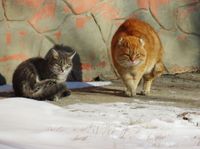Pet Care Services Explain How to Take Care of Ferals in Winter

In winter, feral animals need help more than any other time of the year. Frigid conditions and unpredictable weather patterns cause feral cats to struggle to stay warm and healthy. The pet care service experts at Cat & Dog Hospital of Columbia, MD, recommend the following tips to help these majestic creatures through the harsh conditions.
Pet Care Service Center Lists 3 Winter Tips for Feral Caretakers
1. Create Conservative Doorways
Pet care professionals recommend creating doorways to shelters that are large enough for cats to pass in and out of easily, but not so large that threatening predators—such as jackals, coyotes, or big dogs—can enter. To do this, create elevated entryways so cats can climb up and enter the area through an upper level. This will make the shelter harder for large animals to get to.
2. Consider Tip-&-Return Programs
 Tip-and-return programs are reduced-cost or no-cost programs that allow feral caretakers to bring cats in for spaying or neutering before releasing them into the wild. This helps with population control and ensures more animals don’t have to suffer or struggle during the winter. Talk to your local animal hospital to see if they partner with any community programs.
Tip-and-return programs are reduced-cost or no-cost programs that allow feral caretakers to bring cats in for spaying or neutering before releasing them into the wild. This helps with population control and ensures more animals don’t have to suffer or struggle during the winter. Talk to your local animal hospital to see if they partner with any community programs.
3. Insulate Your Shelter
Waterproof or non-absorbent materials like straw are excellent forms of insulation for feral cat shelters. This helps animals burrow and keep warm regardless of the temperature or weather outside. You can also use foam or another mold-resistant insulation material.
Don’t forget to leave out plenty of food and water, and remember that dry food is less likely to freeze during the winter months. Heated bowls will also keep water at an appropriate temperature for drinking. For more information on pet care services for feral cats in winter, check out Cat & Dog Hospital of Columbia’s website or call (410) 995-6880.
About the Business
(14 reviews)
Have a question? Ask the experts!
Send your question

